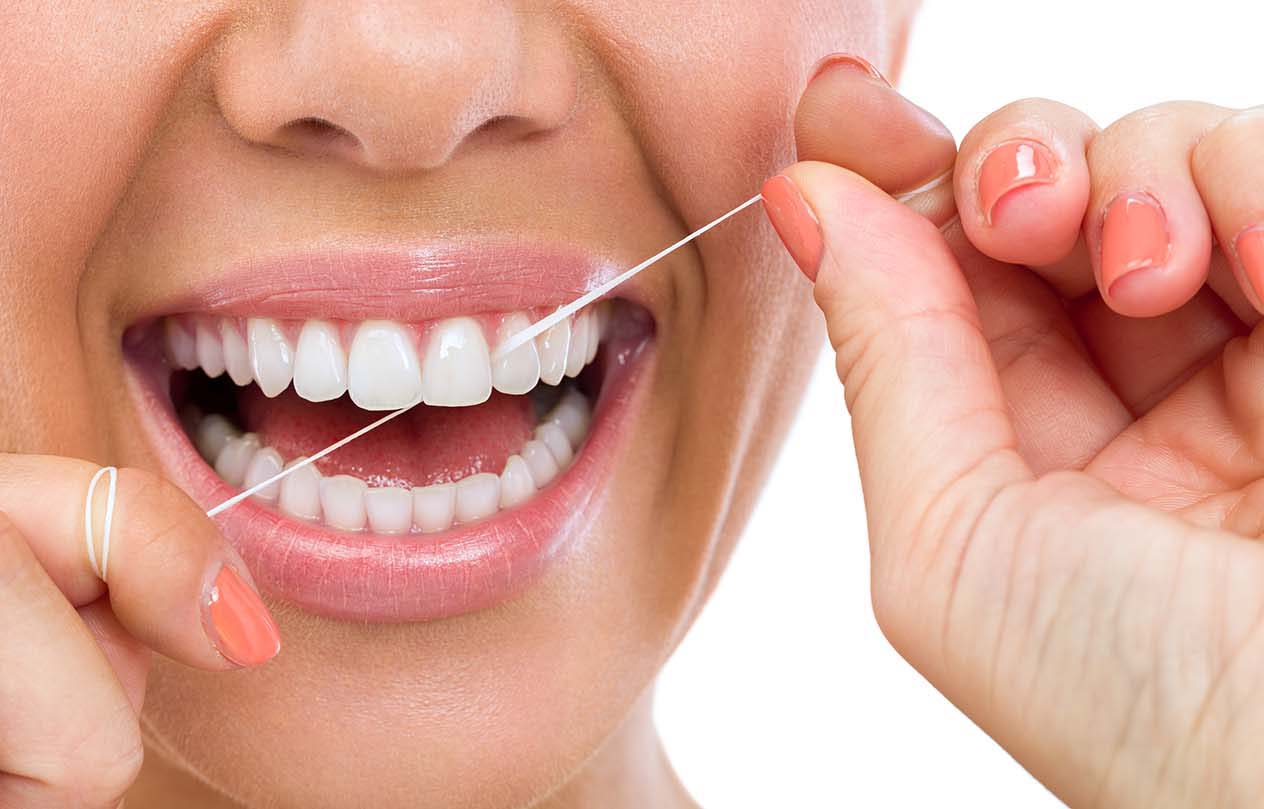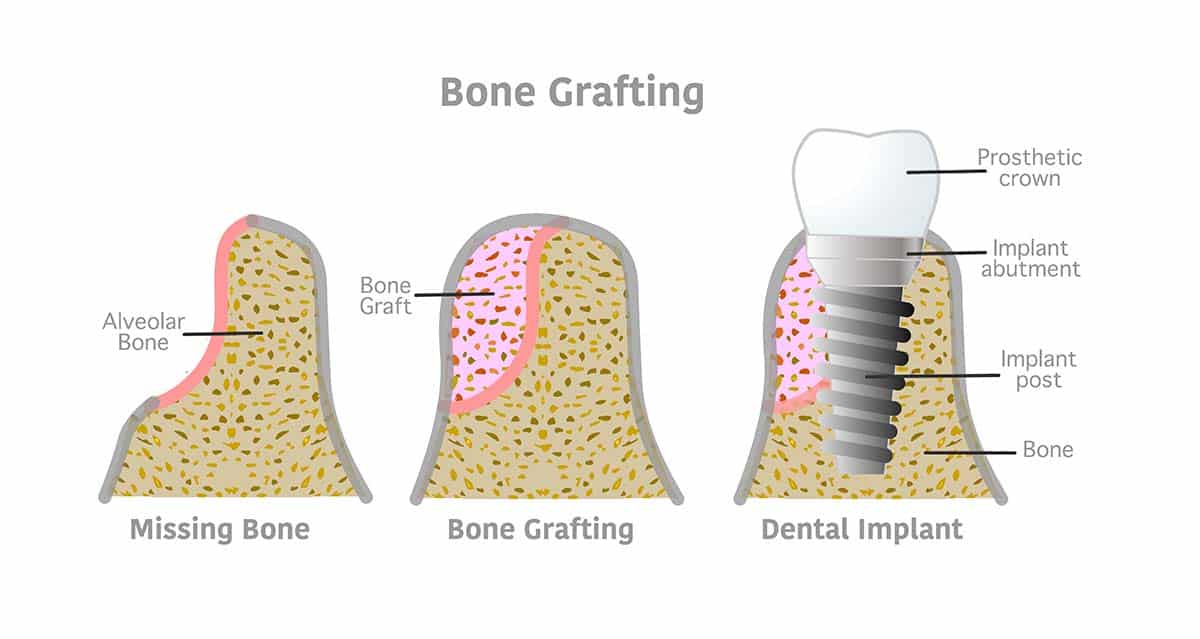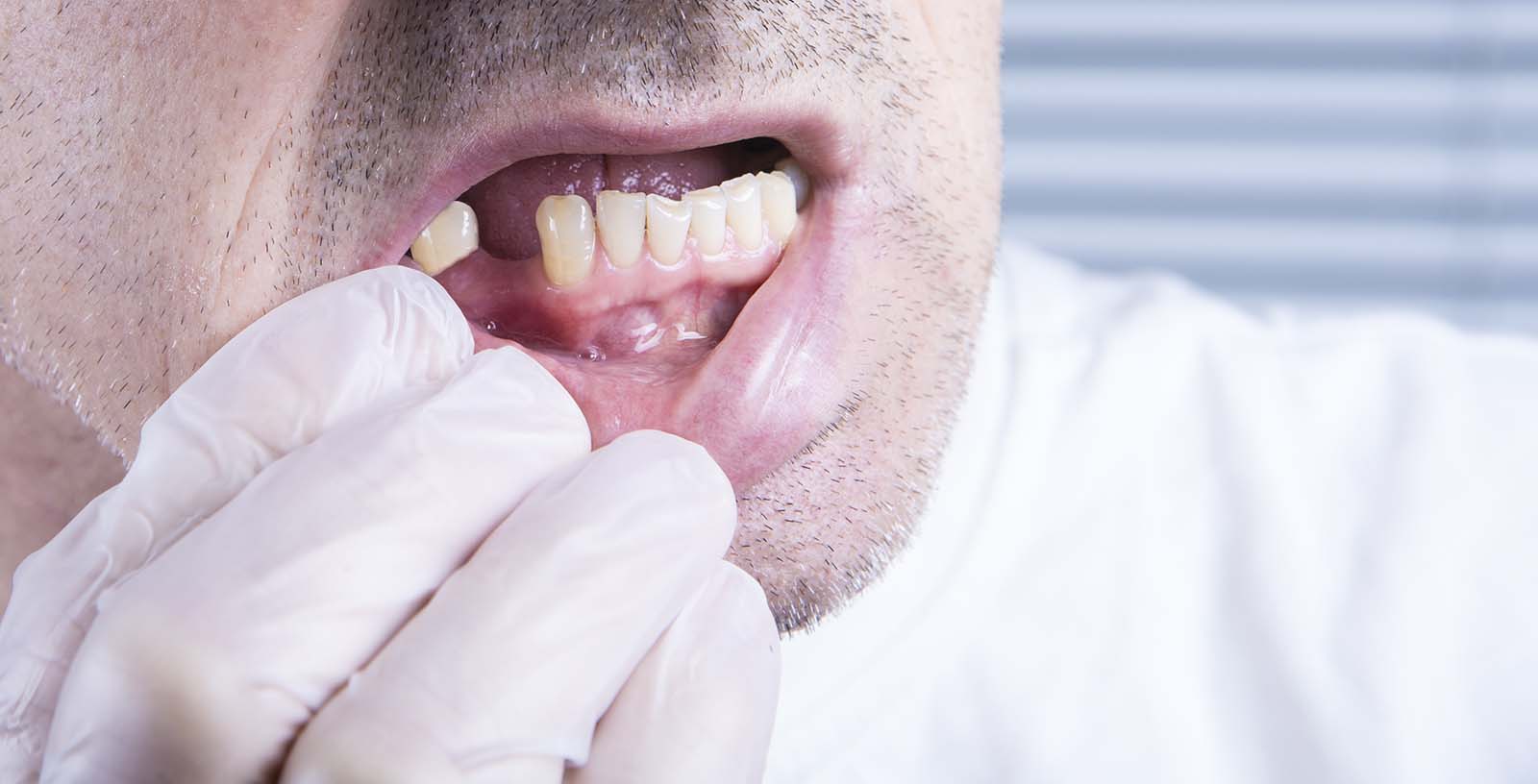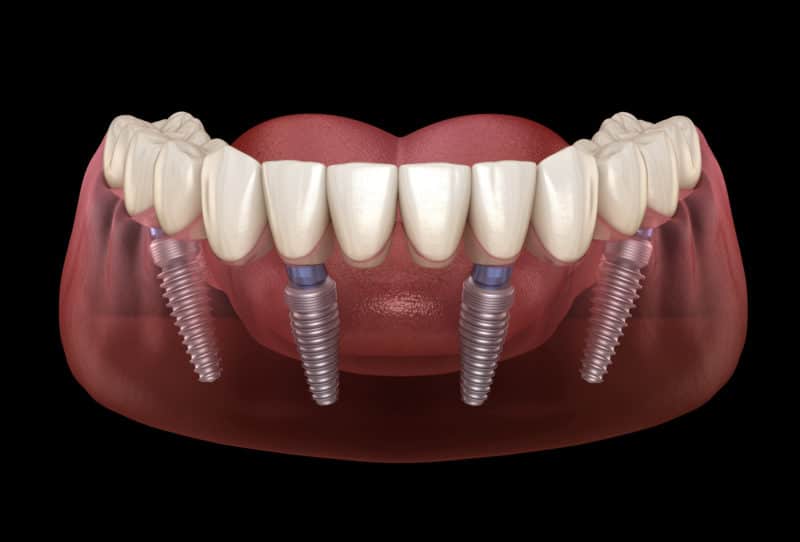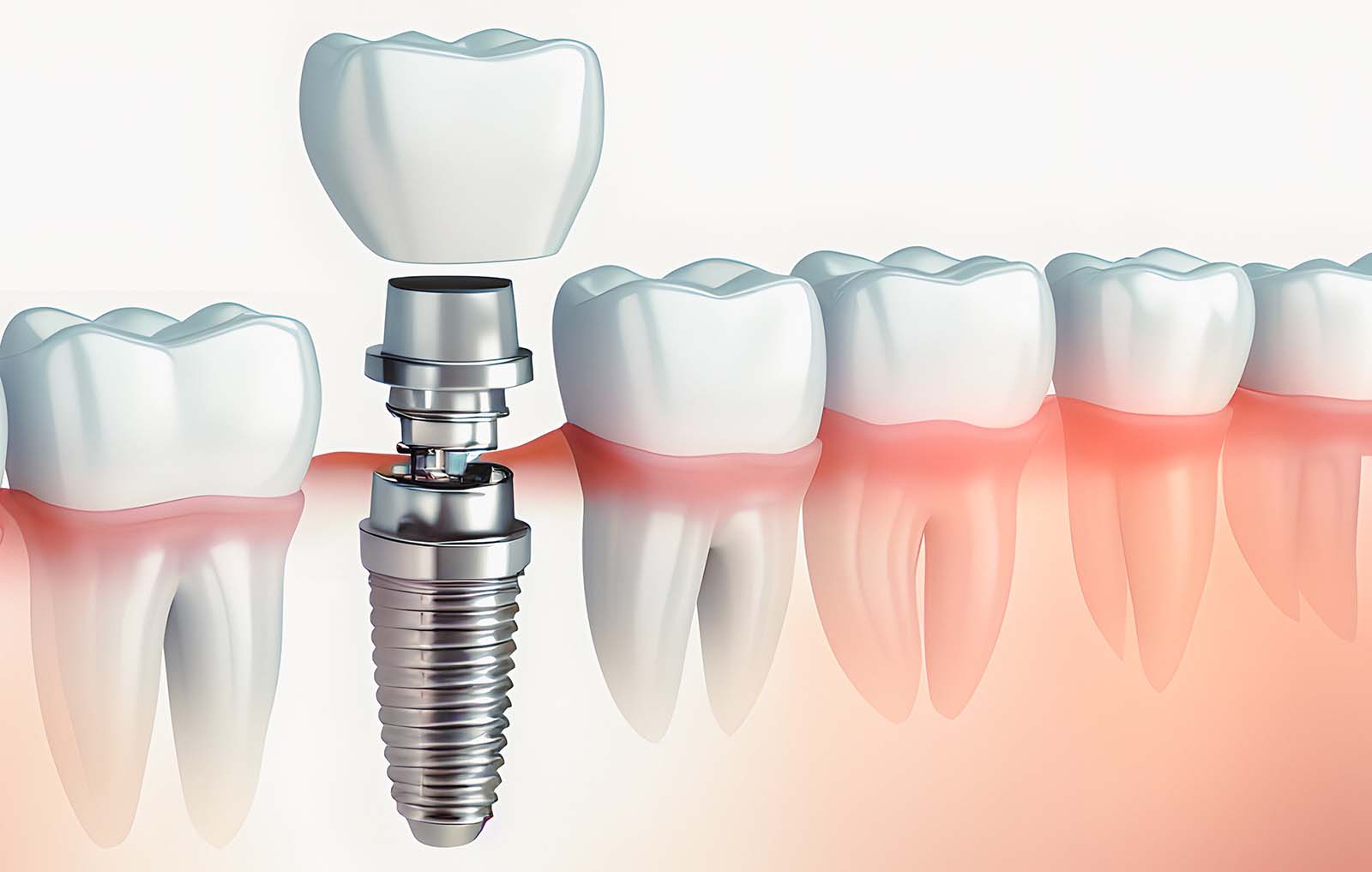For those who suffer from gum disease, dental implants are a great way to fight back. If you feel that you have issues with plaque and tartar buildup in your mouth, you may want to consider flossing your dental implants regularly. Many people believe that flossing is unnecessary, but the truth is that this is often the case for people who have invested in this type of dental appliance. Dental floss is much more difficult to remove than plaque and tartar, so it makes sense to make sure that you maintain your floss daily.
How should you floss the dental implants?
You should floss your dental implants daily just as you would if you were wearing regular floss. The main difference is that you will be incorporating a different material into the process. Although it may not seem significant, there are many differences between regular dental flossing and floss for dental implants. This is because the process is completely different. By learning when to do it and what type of toothpaste and floss to use, you can improve your dental hygiene.
It is important to note that flossing for a dental implant is quite different than flossing for a regular tooth. You will need to work in small circles. To start with, you should create a new circular design that will incorporate your new dental implant. It would help if you took care not to pull or tug too hard, or else it could cause damage the implant. It would help if you also made sure that you do not pressure the implants to remain in good condition.
Properly flossing for a dental implant starts with using a standard toothbrush and a soft toothpaste. Start by working on the front row of teeth. Work your way down the rows of teeth, making sure you cover every inch of the area. When you finish, you will want to move onto the back of your teeth and do the same thing there. Be sure to pay special attention to areas where there are crevices or spaces because these are where you may be missing dental roots and supporting structures.
When you do floss your dental implant, you will notice that it is more complicated. This is because the area you will be working in is somewhat difficult for a dental floss string to reach. The best floss to use for this procedure would be specifically designed to help you with dental implants.
It is important to know that flossing is not something that you can skip. If you do not floss, plaque can build up between your teeth, making your new teeth far more difficult to clean and lead to more significant dental infections. If you are not flossing, you are risking these infections. Another thing to consider is gum disease. It is easier to develop gum disease when you are flossing regularly, so this may be a good time to invest in a useful flossing tool.
If you are interested in getting dental implants, it’s important to talk to a professional who can help. Southland Dental Care is a great example of a business service. You should contact Southland Dental Care today to schedule an appointment!

